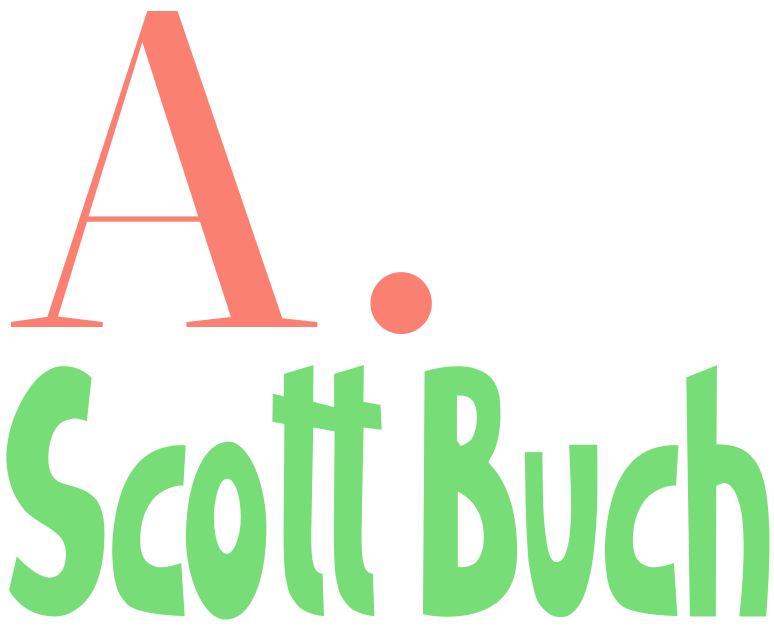Mural by Christopher Statton and Megan Wilson, 2015 CC BY-SA 4.0
It strikes me that the opposition to universal basic income, out of an argument about some concept called socially necessary labor, would appear to be most strongly opposing the elimination of social coercion.
Removing ownership as a means of generating income, and rewarding difficult labor with higher forms of remuneration, seems adequate enough of a social structure to deal with the problem of socially necessary labor, without needing to maintain present conditions of social coercion.
It is as simple as considering the difference between positive and negative reinforcement. The only valid argument for negative reinforcement on the one hand would need to appeal to purely instrumentalized conditions and on the other hand demonstrate that negative reinforcement had a higher success rate overall than positive reinforcement, at a quantity which remained truly socially necessary. It could easily be imagined for instance this holding true under conditions of severe total threat in the form of say a life-threatening world war. But under basic peacetime conditions of the standard operating of an economy it seems excessive and deeply undesirable that such an authoritarian economy would be necessary under conditions which are its normal case.
In other words, an economy which would require under its normal operating conditions systematic social coercion to meet its quota of socially necessary labor, needs to meet the extraordinary burden of proof that the economy could not function in any other way. While I have no doubt in my mind that current economic conditions could not function in any other way, this is not the same thing as saying that all possible economic formations must operate in this way. That is to say; that all economies must be coercive economies.
We must then ask ourselves, what is it that would make us all believe that all economies must be coercive economies? Has this been laid down as incontrovertible fact, and proven beyond a shadow of a doubt?
If not, then what might we really have to lose from an experiment of trying a universal basic income?
It is hard for me to see the justification in socialist ideology to so strongly oppose the mere concept of a universal basic income. If pointing to a concept of socially necessary labor becomes the justification, I can’t help but see what this concept to be doing is rationalizing coercive society.
While there may be other ways to conceive of a universal basic income, it strikes me as no less, in concept, than the right to well-being.
I do not see how the right to well-being would contradict the concept of socially necessary labor. It seems like the real opposition to the right to well-being, is social coercion. So has the idea of socially necessary labor be conflated with social coercion? Perhaps!
The right to well-being is really the age-old goal of the social revolution.
The right to well-being should be the floor that socialism provides, to the extent that the total requirement of socially necessary labor is what provides this floor. But to say the floor cannot be provided without social coercion is a contradiction in terms; because an obvious floor for well-being is freedom from coercion. If we cannot maintain our current economic conditions without social coercion, I say the economic conditions should go first, and not the conditions of social coercion maintained. This is no less than valuing the social revolution first, and capitalism not at all.

